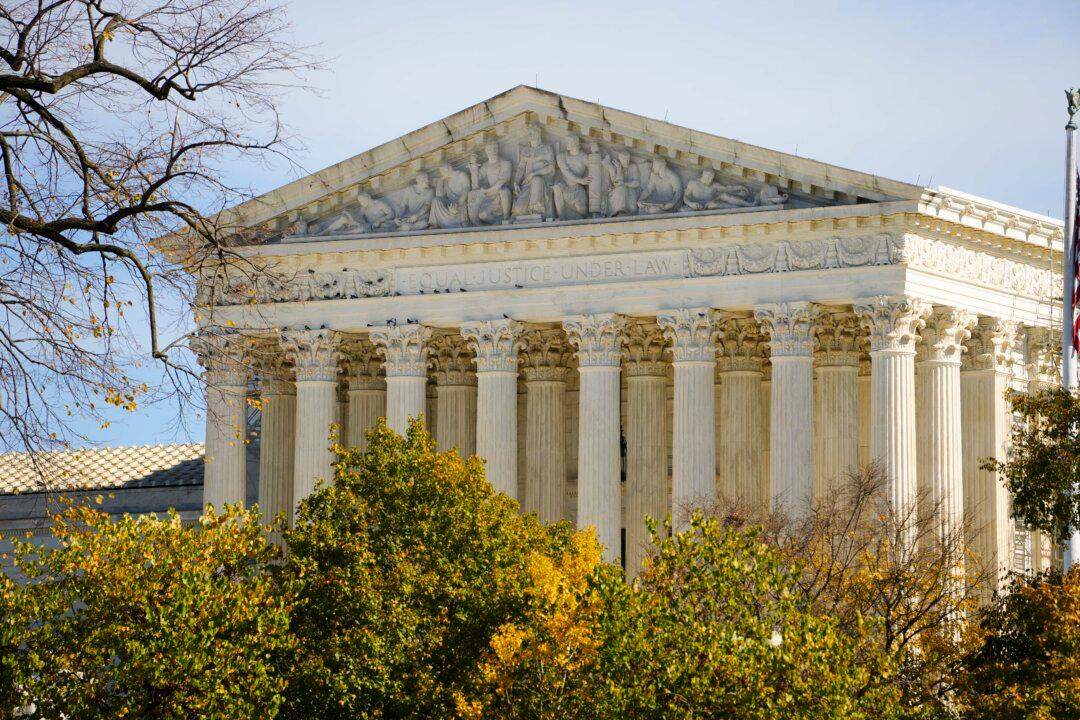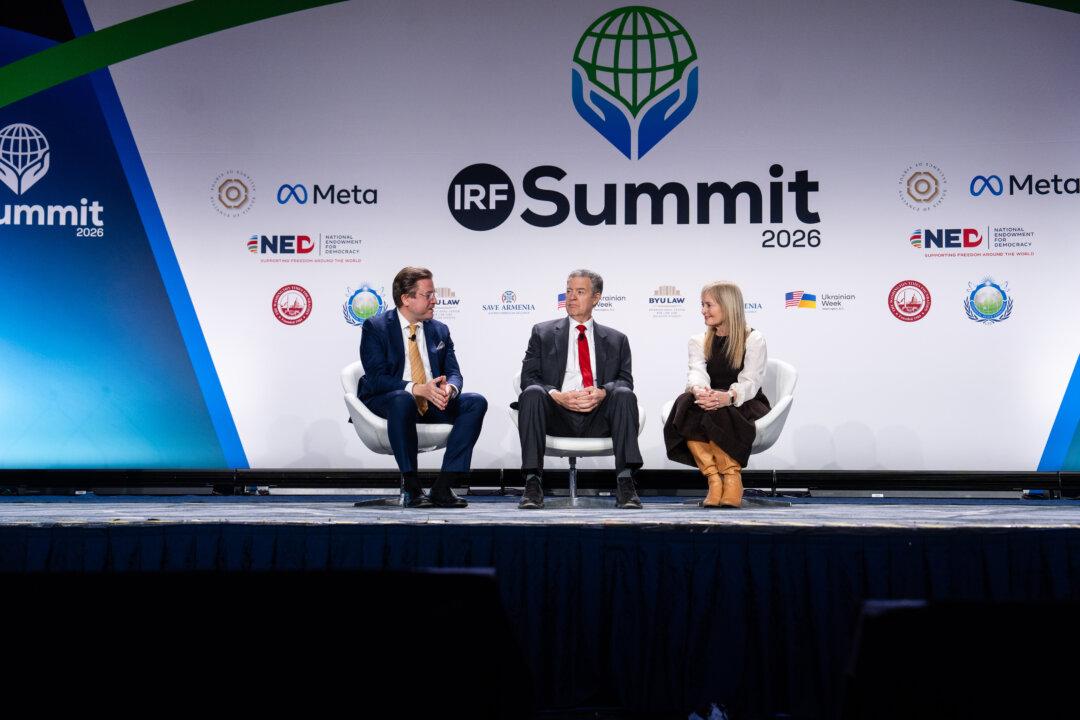SCOTUS TAKES UP J6 CASE
The Supreme Court has agreed to hear a Jan. 6 defendant’s appeal of the Department of Justice’s novel use of evidence-tampering law to prosecute hundreds of defendants for obstruction of Congress.
The case will look at whether the U.S. Court of Appeal for the D.C. Circuit improperly applied an Enron-era federal charge, “obstruction of an official proceeding,” to Jan. 6 defendant Joseph Wayne Fischer.
DOJ has used that law, which carries a 20-year maximum sentence, to prosecute hundreds of Jan. 6 defendants. It is also the basis for two counts of Special Counsel Jack Smith’s indictment in Trump’s federal election case. If SCOTUS overturns the D.C. Circuit’s decision, it could have far-reaching implications for many Jan. 6 defendants and the pace of Trump’s trial.





